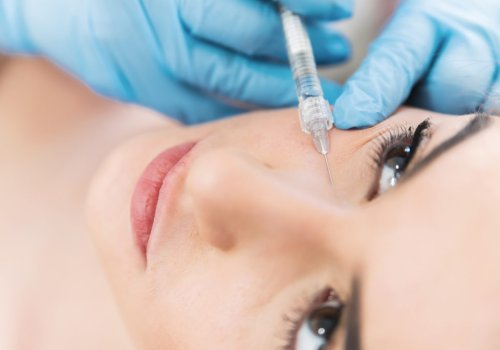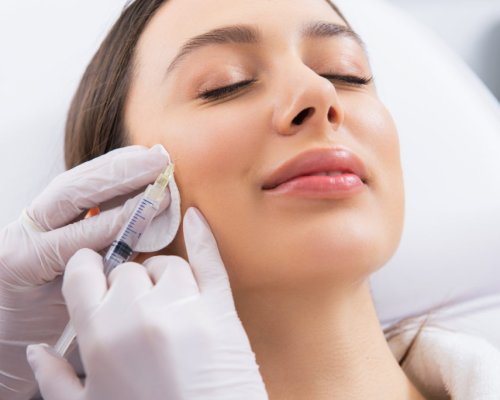
Dermal Fillers
DERMAL FILLERS IN HOUSTON, TX How Dermal Fillers Work – From Fine Lines to Facial Contouring A dermal filler is a gel that can be injected into the skin to

Hyaluronic acid (HA) fillers are gels made of stabilized hyaluronic acid that may be used to correct wrinkles, folds and facial lines, enhance the appearance of lips or contour the face.
Occasionally, these fillers must be removed when the aesthetic procedure has not produced the intended result, or there is a danger of vascular obstruction or impending necrosis (tissue death)
Hyaluronidase has an off-label use in aesthetic medicine.
What to do/not to do before


What to do/not to do after

DERMAL FILLERS IN HOUSTON, TX How Dermal Fillers Work – From Fine Lines to Facial Contouring A dermal filler is a gel that can be injected into the skin to

Neuromodulator Injections in Houston, TX How Neuromodulator Injections Reduce Wrinkles and Fine Lines Neuromodulators are a popular anti-aging solution for common areas of the face. Wrinkles and fine lines appear

Smooth Threads 6 weeks post PDO threads to nose Smooth Threads is a revolutionary cosmetic treatment offered at The Skin Clinic in Houston, TX, designed to rejuvenate and revitalize the
Leave us a message